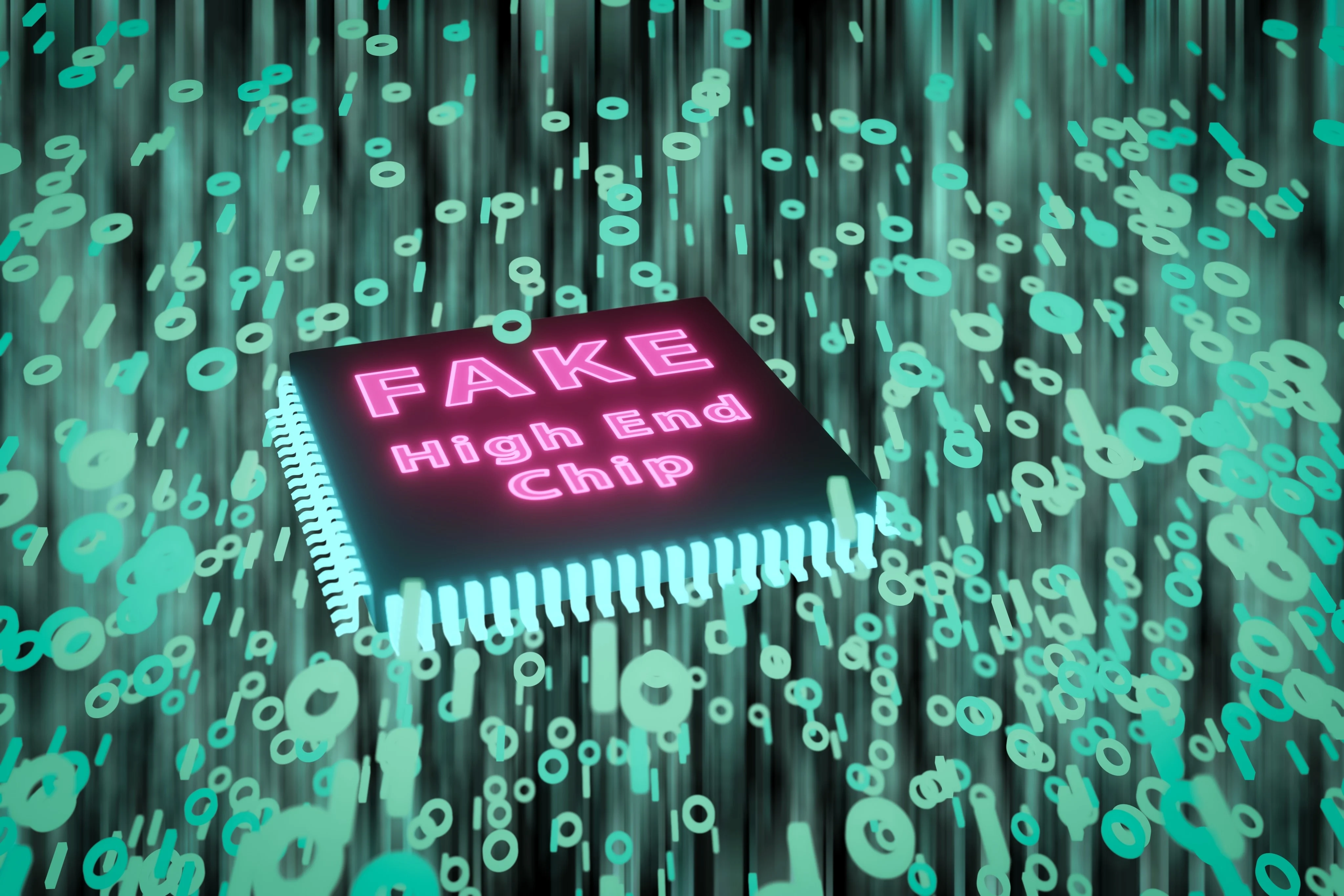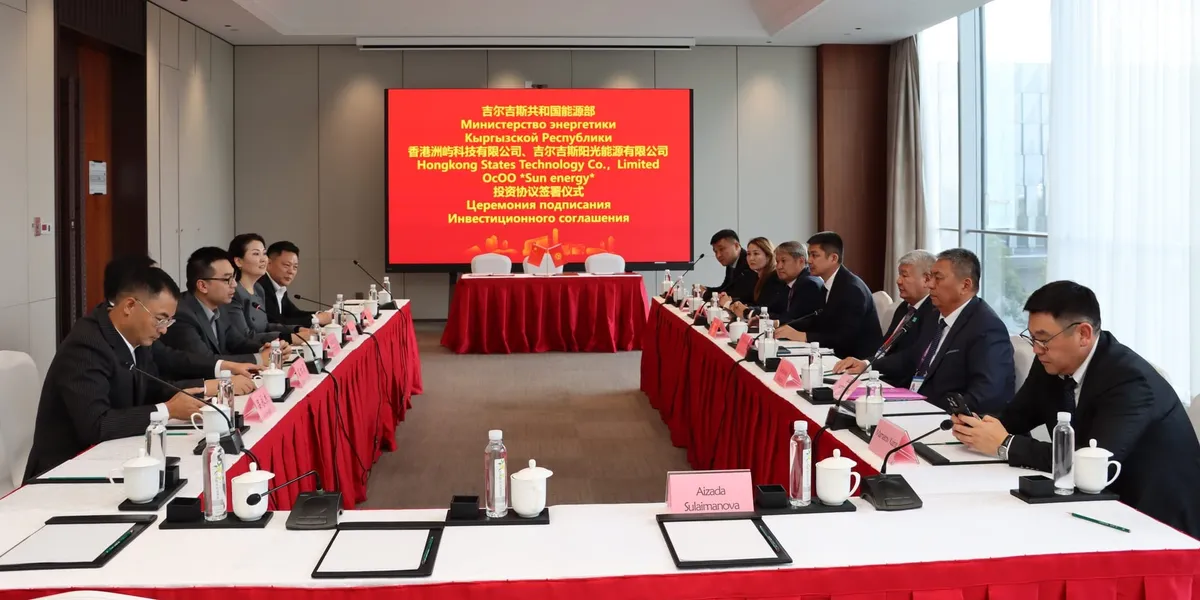Copyright scmp

Police in Shenzhen, the technology hub in southern China’s Guangdong province, have smashed a syndicate selling counterfeit imported chips to mainland manufacturers, according to local media, exposing an underground market for high-end semiconductors amid US export controls. The syndicate’s modus operandi was to collect discarded chips, which were laser-polished and relabelled, and sold as imported products from Infineon Technologies, Texas Instruments and Analog Devices, according to a report last week by domestic online media Rule-of-law China. Shenzhen police on Thursday confirmed the report, but declined to provide further details. Members of the group posed as European agents who targeted local manufacturers of car electronics and industrial control systems, according to the report, which also indicated that the fake chips were prone to malfunctions and could pose safety risks. The syndicate established multiple shell companies that churned out and sold the fake chips in a purported “made-to-order” production model, and had conducted the scam multiple times, the report said. Public security authorities in Shenzhen’s Nanshan district, which covers the southwest area of the Shenzhen Special Economic Zone, had worked with local market regulators for four months since June before they were able to bust the counterfeit ring and arrest one member, according to the report. This marked China’s first major criminal case against fake imported chips, the report said. Shenzhen authorities have also established a traceability mechanism with international chipmakers, it added. Local demand for bogus chip imports reflects the tight domestic supply of foreign-made semiconductors amid US tech export restrictions, which has also resulted in a thriving black market for the illicit procurement of high-end integrated circuits. China’s massive demand for advanced semiconductors to power artificial intelligence development projects has created a fast-growing market for smuggled graphics processing units (GPUs), such as Nvidia’s A100 and H100 chips. At least US$1 billion worth of Nvidia’s GPUs were shipped to China in the three months after US President Donald Trump tightened chip export controls, as the Blackwell architecture-based B200 emerged as the most sought-after imported AI chip in the domestic black market, according to a July report by The Financial Times. Although German chipmaker Infineon, along with US firms Texas Instruments and Analog Devices, mostly focused on supplying mature-node chips used in the automotive and lower-end industrial manufacturing sectors, some of their products have remained subject to US export controls. The Shenzhen syndicate bust comes a month after Beijing tightened its scrutiny against the US legacy chip suppliers. In September, China’s Ministry of Commerce launched an anti-dumping investigation into imported American analogue chips. It said these US chip suppliers had “lowered and suppressed the sales prices of domestic products” over the past few years. US authorities, meanwhile, had secretly put location-tracking devices in shipments of advanced chips they suspected of being at high risk of illegal diversion to China, according to a Reuters report in August, citing people with direct knowledge of the matter. In the same month, US authorities arrested two Chinese nationals on charges that they sent tens of millions of dollars' worth of Nvidia-designed AI chips to China. They were charged with violating the Export Control Reform Act and could face 20 years in prison, according to the US Justice Department.



